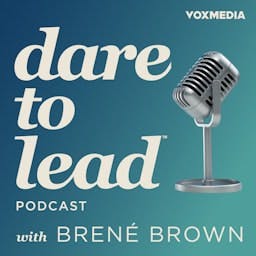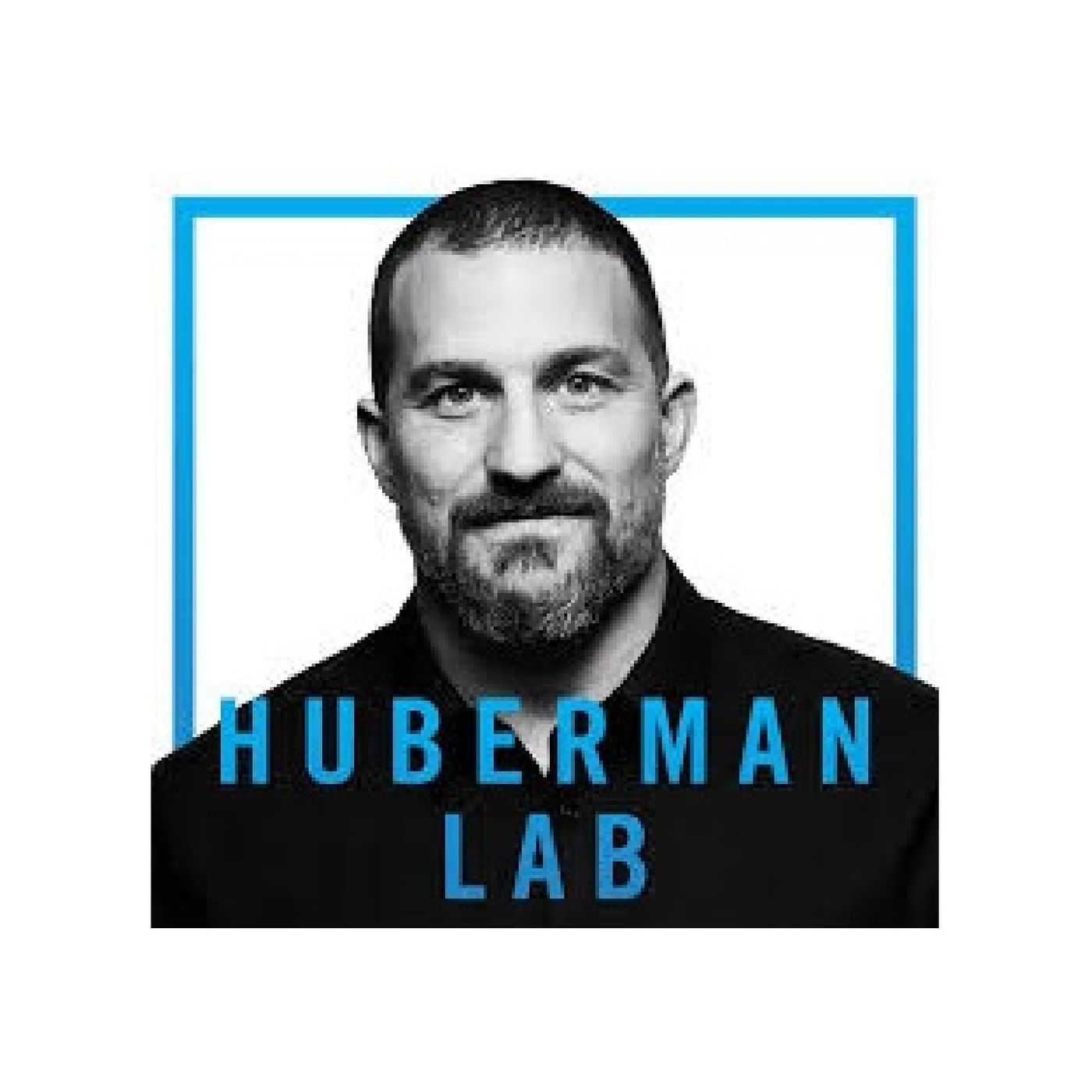
Ducking Realitea
Ducking Realitea
Casual Conversations About Serious Sh*t.
Real Stories. Raw Moments. Big Joy.
Hosted by Siobhan
Welcome to Ducking Realitea, the podcast where we spill truth like tea and dive into the gritty, hilarious, and healing parts of being human. Hosted by Siobhan, this show is all about casual conversations with real people who’ve lived through some serious sh*t and came out the other side with stories worth sharing.
From trauma to transformation, heartbreak to humor, we explore what it means to rebuild your life, trust your gut, and find joy even in the mess. These are the stories behind the strength, raw, unfiltered, and deeply human.
If you're craving connection, curious about how others have healed, or just need a reminder that you’re not alone, this pod’s for you.
Grab your beverage of choice (or roll one up), and join us each week for soulful storytelling with a side of sass. Let’s rebel against the noise, talk about what actually matters, and maybe even laugh our way through the chaos.
Because here at Ducking Realitea, we believe:
Your story matters. Vulnerability is power. And joy is always worth chasing.
Ducking Realitea
The Art of being a Masshole with Dave Sweeney
Summary/Time Stamps
- Boston upbringing and punk scene with artist Dave Sweeney. 0:06
- Dave Sweeney discusses his experience in the Boston punk scene and his art with host Siobhan.
- Dave met Siobhan through mutual friends at a bar on the island.
- Unknown Speaker grew up in Cohasset, Massachusetts, a blue-blooded town with summer cottages for wealthy captains of industry.
- Speaker started gravitating towards Boston's South End, discovering live music at Sunday matinees in the Fort Point Channel area.
- Punk music scene in Boston in the 80s. 5:06
- Unknown speaker describes how they got into punk rock music in Boston in the late 70s/early 80s, mentioning shows they attended and meeting other fans.
- Unknown speaker recounts a memorable encounter with a police officer who was hostile towards them and their friends at an IHOP restaurant.
- Unknown speaker reflects on their experience in Boston's punk scene in the 1980s, mentioning the hate towards goth and punk kids and how it was fueled by the Satanic Panic of the time.
- The speaker notes that despite the negative attitudes towards them, most punks were normal and were using their appearance and behavior as a way to act out their frustrations.
- Race, class, and identity in Boston. 10:09
- Siobhan grew up in Bromley Heath, a former housing project in Jamaica Plain, Boston, and now some of her childhood homes are worth millions of dollars.
- Siobhan's father took her on a drive through South Boston and she didn't recognize half the buildings due to new construction and gentrification.
- Siobhan shares her experience growing up in Boston and how she perceived the city's reputation for racism (30 words)
- Unknown speaker reflects on their childhood in Boston and the racial dynamics in their neighborhood, including the Metco program and interactions with white suburban kids (30 words)
- Private school experiences and musical career. 14:49
- Siobhan attended private schools in Boston, including St. Teresa's in West Roxbury and an all-girls private school in Newton.
- Unknown speaker attended Fessenden School in Newton, a private school known for its strict environment and emphasis on discipline.
- Unknown Speaker discusses their experience as a skinhead in the 1990s, mentioning their time in a ska band and their move to Minneapolis.
- Unknown Speaker clarifies that being a skinhead has nothing to do with race, and is instead a style based on music and old punk and reggae culture.
- Skinhead culture and its evolution. 20:05
- Siobhan and others reject the idea that skinheads are only working-class white British kids trying to emulate Jamaican style, noting that many were disaffected and felt economically disenfranchised.
- The fashion resurged in the mid-1970s with the punk explosion, attracting easy fodder for white nationalist groups, leading to a more militarized look and scaring people.
- Unknown Speaker reflects on their past association with Nazi skinheads, emphasizing the importance of anti-racism and the limitations of the skinhead subculture.
- The speaker highlights the diversity of individuals within the skinhead scene, including lawyers, doctors, and engineers, while emphasizing the s
Podcasts we love
Check out these other fine podcasts recommended by us, not an algorithm.

Squirrel Gurls
Ana & Siobhan
Dare to Lead with Brené Brown
Vox Media Podcast Network
Modern Wisdom
Chris Williamson
My Favorite Murder with Karen Kilgariff and Georgia Hardstark
Exactly Right and iHeartPodcasts
Armchair Expert with Dax Shepard
Armchair Umbrella
Huberman Lab
Huberman Lab
The Mel Robbins Podcast
Mel Robbins
